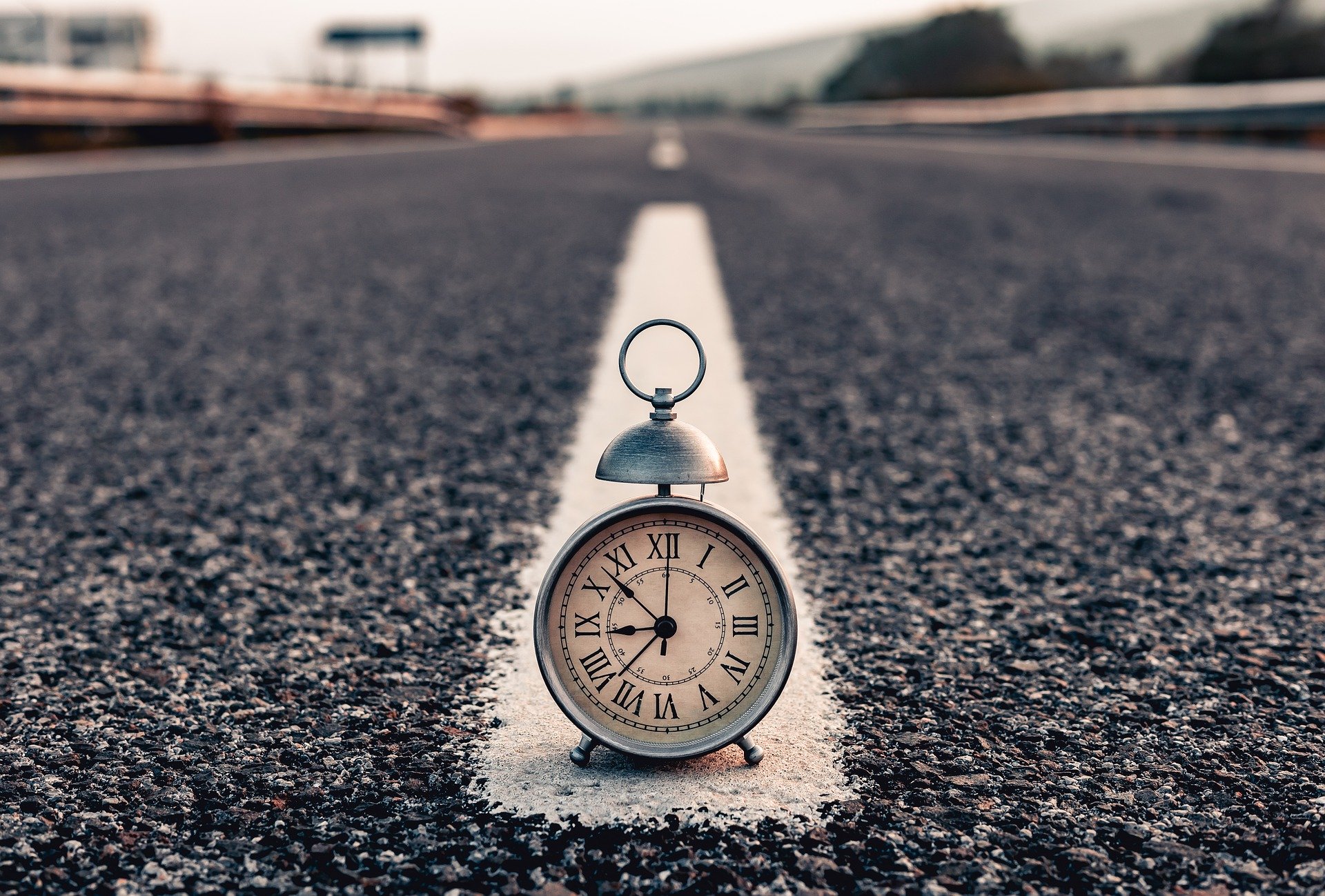Can I Bring My Cell Phone To Rehab
In general, consider leaving cell phone, laptop and other electronics at home when entering into rehab center. If a person really wants help and still needs to talk to others outside to ensure that they can continue with their job and education, some rehab facilities are willing to be flexible. Can you bring your cell phone to rehab? The answer is yes, but do you really need it?

Those who have a particular preference for help in finding rehabilitation centers that allow the use of mobile phones and laptops should consult a treatment specialist to obtain a list of addiction treatment centers. There are drug rehab directories that list all types of drug and alcohol treatment centers and their amenities.
Rehabs that allow cell phones can help you connect with other online communities dedicated to addiction recovery before you even leave treatment. Couples Rehabs aims to provide the most accurate and up-to-date information on addiction treatment and recovery, which means that only the most “credible” sources are referred to.
There are a number of treatment centers that choose to restrict outside communication while their clients work toward sobriety. Some centers also separate couples so each person can work on his or her sobriety independently, while others allow couples in the same room.
Certain addiction treatment centers believe you cannot bring your mobile phone to a facility you are going to, and it is important for your health and well-being.
Although there are limited cell phone-friendly rehab centers, there are some who believe that their customers receive the best treatment when their technology is used on a limited basis.
Some addiction treatment centers believe that the ability to stay in touch with friends, family and work, as well as with the outside world, is the perfect way to help you get through the recovery process and ultimately have an easier time reconnecting with society. This is a very good reason, which means that you can focus on your recovery in the best possible and most effective way. Contact Couples Rehabs to find a rehabilitation center that will meet your needs and help you recover from addiction.
Most rehab centers discourage patients from bringing their cell phones into the facility because the program is not usually open to the idea that each program will be different, but our centers are.
While there are different rules for taking cell phones or laptops with you, some establishments have imposed a total ban. For this reason, it is common that you do not bring your electronics for drug rehabilitation. This discourages people from entering rehabilitation facilities for drug addicts because they believe that they will lock out the whole world and have no access to their preferred electronic devices.
Rehabilitation centers often impose cell phone restrictions to allow addicts to recover. If you enter a drug rehab facility, your chances of healing are better if you do not have many distractions.
These establishments provide a safe, structured environment in which customers can learn and practice the skills needed for lifelong recreation, aside from the distractions of cell phones.
Cell phones and other electronic devices like laptops can distract patients from recovery and are generally prohibited. Many people seek inpatient services to get away from things that lead to addictive behavior, such as cell phone use.
For example, patients that enter a program from Couples Rehabs are allowed to use the telephones provided at the center to monitor the time when they are in contact with family and friends or have to deal with work – related issues. However, when mobile phones distract from treatment, they can cause stress and other problems.
Even when the center allows cell phone use, don’t be afraid to let go of your phone to make time to be connected to everyone and everything around you. Give yourself time and space to completely detox and then recover through distraction.
If you are already thinking about quitting drugs or alcohol, you have probably already received a list of things you can and cannot bring with you. I assume that most people who participate in rehabilitation programs for drugs and alcohol want to know what they are allowed to take at the time of treatment.
One of the most common items are cell phones, which have long been strictly forbidden in most programs. However, many drug and alcohol rehabilitation centers have become more relaxed in recent years, and some treatment centers allow the personal use of cell phones. This underlines the importance of contact with friends and family during rehab and the need to communicate with family and friends.
Although it is vital to bring a cell phone to rehab, you can be sure that there are treatment centers where patients can use their phones. Also be sure to clarify the mobile phone policy at your treatment center before you arrive, so there is no surprise.
Some institutions that do not allow the use of mobile phones do so in order to focus their customers on their program and not on their telephone use.
Although some luxury addiction treatment centers will allow you to maintain your relationship and lifestyle without using your cell phone, you should have questions, or if your treatment center is more rigid than others, you should contact your rehab facility. So, for the question “can i bring my cell phone to rehab” the answer, check with the center, some do some don’t.








Recent Comments